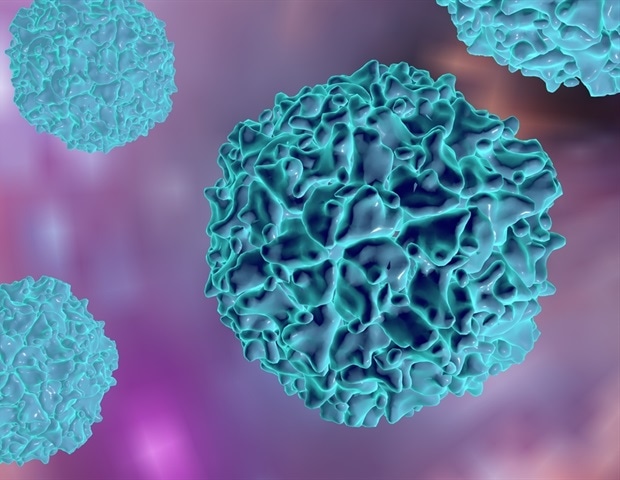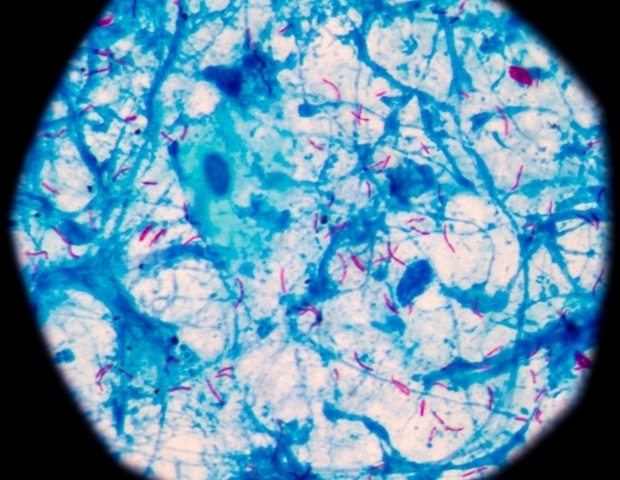Aug. 22, 2022 – Anthony Fauci, MD, adviser to seven presidents and a key figure in the U.S. fight against the coronavirus pandemic, announced Monday that he will step down in December.
“I am announcing today that I will be stepping down from the positions of Director of the National Institute of Allergy and Infectious Diseases and chief of the NIAID Laboratory of Immunoregulation, as well as the position of chief medical advisor to President Joe Biden,” Fauci said in a statement. “I will be leaving these positions in December of this year to pursue the next chapter of my career.”
But Fauci, who has led the National Institute of Allergy and Infectious Diseases for nearly 4 decades, says he will not be retiring.
“After more than 50 years of government service, I plan to pursue the next phase of my career while I still have so much energy and passion for my field,” he said. “I want to use what I have learned as NIAID director to continue to advance science and public health and to inspire and mentor the next generation of scientific leaders as they help prepare the world to face future infectious disease threats.”
As a “model physician-scientist,” Fauci set a standard that “few, if any, could emulate or ever replicate,” says Eric Topol, MD, editor-in-chief at Medscape, WebMD’s sister site for health care professionals.
“Dr. Fauci’s prolific and indefatigable contributions to medicine for 4 decades have been immense with profound impact,” he says. “I want to express my deep gratitude for his dedication and know he will continue in his long arc of making a (huge) difference.”
For the first year of the pandemic, Fauci was perhaps the most public face of the federal response. He took part in near daily news conferences from the White House under then President Donald Trump.
Fauci’s public profile under President Joe Biden has been much lower, but his words continue to have the power to influence public behavior.
“Today marks the end of an era,” National Institutes of Health Director Lawrence Tabak, DDS, PhD, said in a statement. Fauci “has dedicated his life’s work to advancing knowledge about the causes of complex diseases ranging from HIV to asthma, rarely satisfied with anything less than a cure. For Tony, it’s personal. He works tirelessly on behalf of all patients, often at great personal expense, and always bringing his Brooklyn tenacity to the fight.”
William Schaffner, MD, says his admiration for Fauci started decades ago, when Fauci was the National Institutes of Health’s investigator of infectious illnesses in immunocompromised persons at the rise of the AIDS epidemic in the 1980s.
“And as Tony will tell you, he underwent a personal greening at that point, and became acquainted and receptive to the community most affected by HIV and AIDS, and developed a great deal of respect for them,” says Schaffner, a professor of preventive medicine and infectious diseases at Vanderbilt University Medical Center in Nashville.
But Fauci’s insistence that science dictate the fight against the coronavirus and its disease, COVID-19, often put him at odds with Trump. That helped make Fauci a target of many conservatives as well as Republican office holders.
Many medical professionals have also used their online platforms to criticize Fauci’s messaging during the pandemic.
Jay Bhattacharya, MD, a professor of health policy at Stanford University, said in an emailed statement that Fauci’s “advice on lockdowns, school closures, and other restrictions in particular ignored the tremendous harm done to children and other vulnerable people by the policies themselves, while failing to protect the elderly from COVID.”
Bhattacharya said that while the National Institute of Allergy and Infectious Diseases has supported the work of brilliant scientists under Fauci’s leadership, he “deployed his allies in the press to destroy the reputations of scientists who disagreed with his pandemic management, rather than seeking good-faith discussions as all scientists should.”
Vinay Prasad, MD, MPH, a hematologist-oncologist and epidemiology professor at the University of California, San Francisco, has also criticized Fauci’s recommendations over the course of the COVID-19 crisis.
“He has many major scientific accomplishments but will also be remembered for specific policies he advocated for during COVID-19. Those include lockdown, inconsistent messaging on masks, and school closures,” he wrote in a statement. “The final verdict on these policies is not yet in, and ultimately more than any other action over his long career, his views on COVID-19 policies will define his legacy, simply because they impacted more people.”
Fauci has admitted that some of his early coronavirus suggestions turned out to be wrong. For example, he did at first encourage Americans not to wear masks, in an effort to make sure there were enough for health care workers and first responders.
“We didn’t realize it spread asymptomatically so easily,” he said in an online question-and-answer session in September 2021. Once scientists learned more about how the virus spread, that guidance changed.
Fauci’s leadership amid the fight against AIDS also helped create the “President’s Emergency Plan for AIDS Relief,” Health and Human Services Secretary Xavier Becerra noted in a statement.
“His selfless passion to bring hope and healing to people fighting for their health knows no bounds,” he said.
Fauci’s contributions stretch far beyond HIV and AIDS and COVID-19. He was also key in the fight against Zika, Ebola, and the West Nile virus.
“We will miss his leadership and at the same time, with great affection and support, look forward to the next phase of his career,” Schaffner says.







